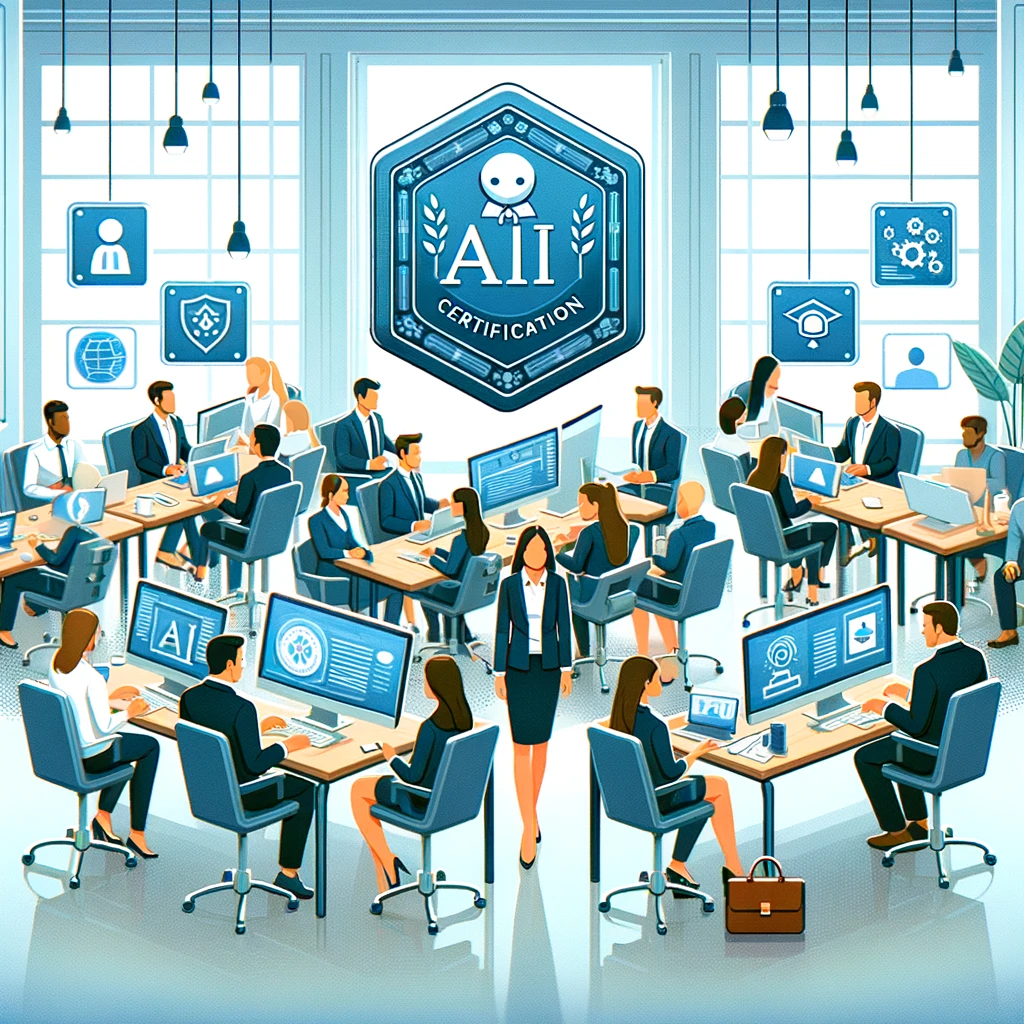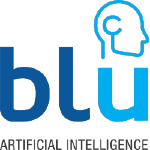
Navigating the World of AI Certification: What Corporates Need to Know
As Artificial Intelligence (AI) continues to permeate various business sectors, [...]
As Artificial Intelligence (AI) continues to permeate various business sectors, the demand for skilled AI professionals has surged. For corporations, navigating the world of AI certification can be a crucial step in enhancing their workforce’s competencies and staying competitive. This article explores the AI certification landscape, highlighting its importance for corporate employees and the broader organizational strategy.
The Landscape of AI Certifications
AI certifications are formal recognitions provided by educational institutions, tech companies, and professional organizations. They validate an individual’s expertise and skills in AI-related domains, such as machine learning, natural language processing, robotics, and AI ethics. These certifications range from beginner to advanced levels, catering to various professional needs and career trajectories.
Relevance for Corporate Employees
For corporate employees, AI certifications serve multiple purposes:
- Skill Validation: Certifications provide a benchmarked validation of AI skills, ensuring that employees have met a recognized standard of competence.
- Career Advancement: Certified professionals often gain a competitive edge in the job market, leading to better job prospects, promotions, and salary increments.
- Continuous Learning: AI certifications encourage continuous professional development, helping employees stay updated with the latest technologies and methodologies.
Enhancing Organizational AI Capabilities
Corporations benefit significantly from investing in AI certifications for their employees:
- Talent Development: AI certifications help in systematically developing and upgrading the skills of the workforce, aligning with the organization’s strategic needs.
- Innovation and Productivity: Certified AI professionals can drive innovation, optimize operations, and improve productivity through effective implementation of AI solutions.
- Market Reputation: Having a certified AI team enhances the organization’s credibility and reputation in the market, demonstrating a commitment to high standards and best practices.
Choosing the Right AI Certification
Selecting the appropriate AI certification involves considering several factors:
- Alignment with Business Goals: Choose certifications that align with the organization’s strategic objectives and technological direction.
- Skill Level and Specialization: Consider the skill level and specialization areas of the employees to ensure the certification adds value to their current roles and career aspirations.
- Accreditation and Recognition: Opt for certifications from accredited and well-recognized institutions or platforms to ensure credibility and industry acceptance.
- Practical Applicability: Prioritize certifications with a strong emphasis on practical skills and real-world applications, facilitating immediate contributions to the organization’s AI projects.
AI certification is more than a credential; it’s a strategic tool that can significantly enhance the AI capabilities and credibility of an organization. By carefully selecting and investing in AI certifications, corporates can ensure that their workforce is equipped to drive AI-driven transformation and success.
Are you ready to empower your team with AI certifications and lead the way in AI-driven industry innovation? Contact Blu Artificial Intelligence for guidance on selecting the right AI certification programs and integrating AI skills into your corporate strategy for maximum impact.
Share this article
Follow us
A quick overview of the topics covered in this article.
Latest articles
April 29, 2025
April 22, 2025
April 9, 2025



